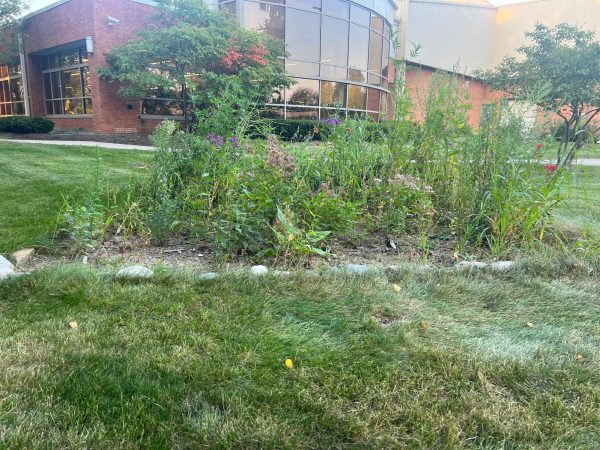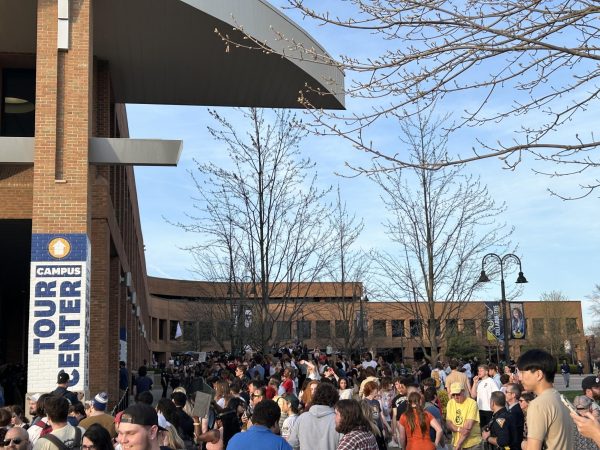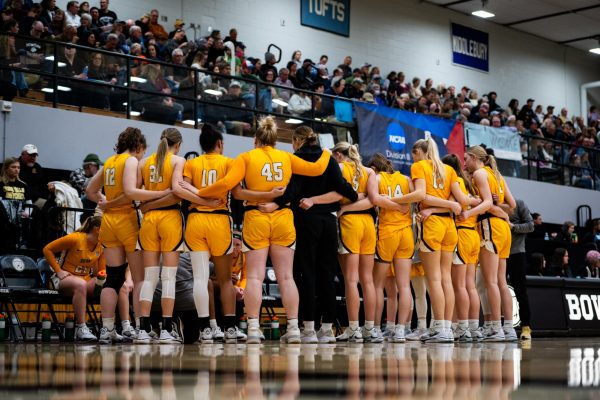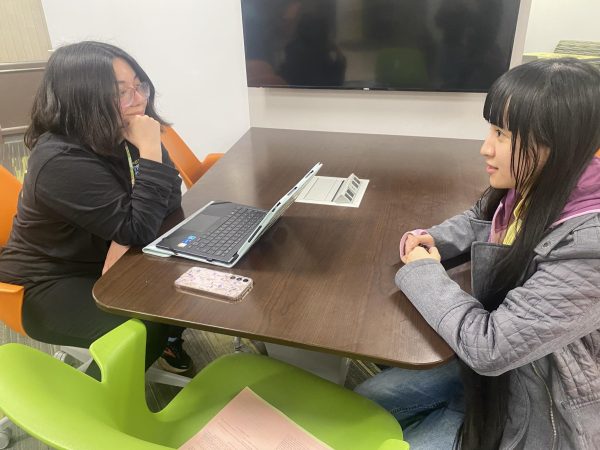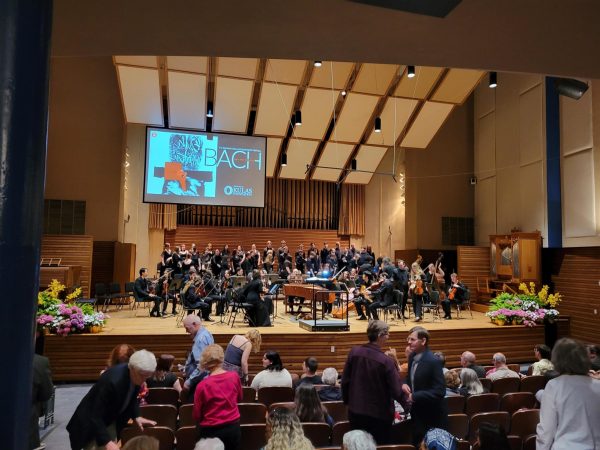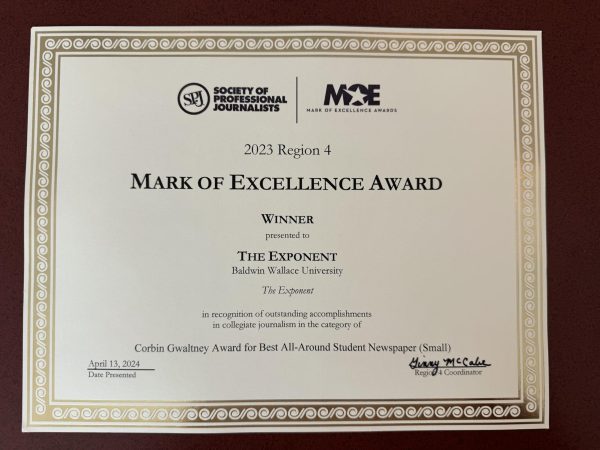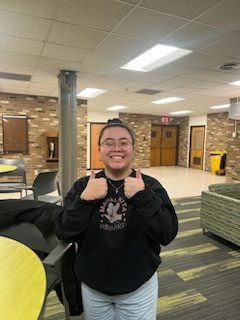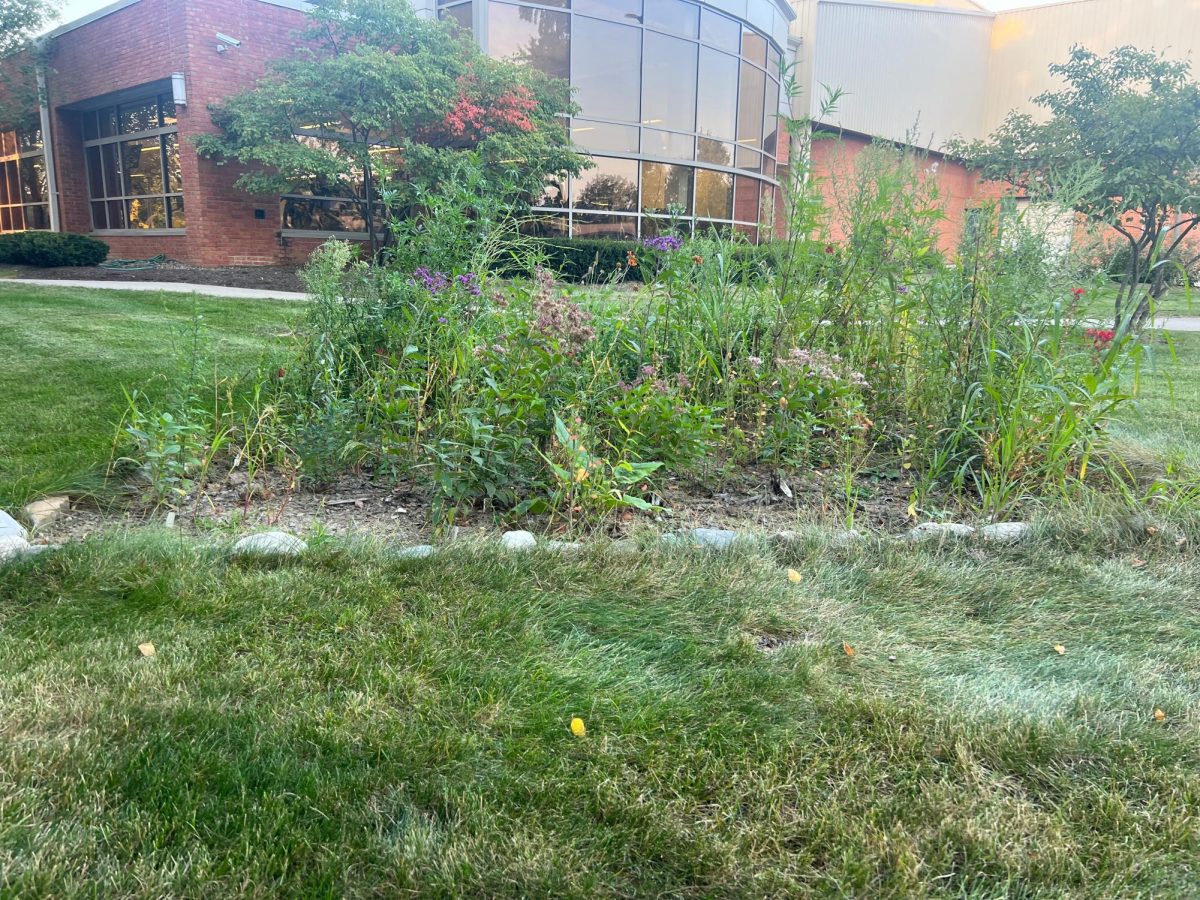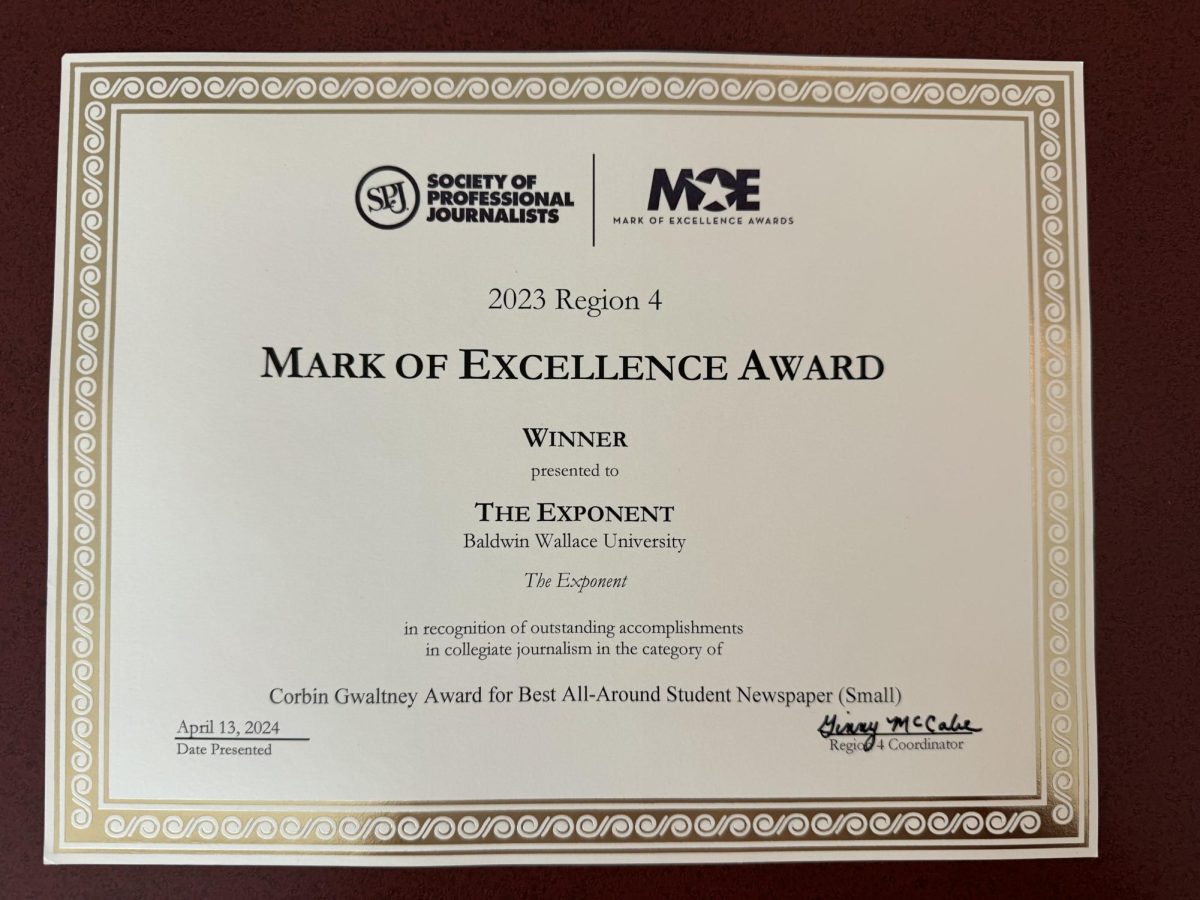Study finds 27% of BW students are ‘food insecure’
A recent study found that more than a quarter of all Baldwin Wallace students don’t have enough to eat.
During the Fall 2017 semester, a study was conducted on food insecurity on Baldwin Wallace’s campus. Food insecurity is defined by the USDA as, “a limited or uncertain availability of nutritionally adequate and safe foods or the limited or uncertain ability to acquire acceptable foods in socially acceptable ways.”
Results showed that the percentage of students dealing with food insecurity at Baldwin Wallace was much higher than initially predicted, according to Dr. Jill Fleisher, professor of sociology, who headed the study.
The study found that 27% of students at Baldwin Wallace are experiencing or have experienced food insecurity.
Fleisher said she had not expected to see BW’s results so close to the average results found on other campuses where this study was done.
About 45.5% of students experiencing food insecurity stated that they have done badly on a test or an assignment due to being hungry, some said that food insecurity made them feel sad, and other students were even quoted as saying that they had to, “resort to sleeping in order to not think about eating.” These results have raised awareness about the problem of food insecurity on campus.
The study was conducted by Fleisher and Wyndi Moore, a student affiliated with the organization called Campus Kitchen. Both wanted to get data on food insecurity at BW.
“How much food insecurity do we have on campus? That’s the question,” said Fleisher. She decided to make the study a class project for her Applied Sociological Research class.
Many common research methods are flawed, she said, as their use of electronic surveys have not been truly representative of the campus as a whole. This is due to the fact that, at other universities, electronic surveys yielded response rates of only 4 percent.
Because of this, Fleisher and her class opted for a more old-school approach by printing paper copies of surveys, which they believed would yield a more representative sample. They randomly selected classes at BW and used about five minutes of said classes’ time for students to fill out the survey.
“I think there’s a sense that this is a very important issue, and so we had a very good response rate,” said Fleisher.
Fleisher said President Bob Helmer is taking the issue quite seriously and that he signed the Presidents United to Solve Hunger (PUSH) agreement in May 2017. This agreement began at Auburn University, and is being signed by other universities who share in the mission to end hunger and poverty.
Some other possible solutions are currently being considered, but one way students can get involved now is to help out with the Campus Kitchen organization. The Campus Kitchen organization is student-led and their goal is to turn food waste into meals for the community.
“There will be a week of student engagement activities in February,” said Moore.
Any students looking to get involved can find shifts to sign up for on BW’s website under The David and Frances Brain Center for Community Engagement
The Exponent is looking for financial contributions to support our staff and our newsroom in producing high-quality, well-reported and accurate journalism. Thank you for taking the time to consider supporting our student journalists.

